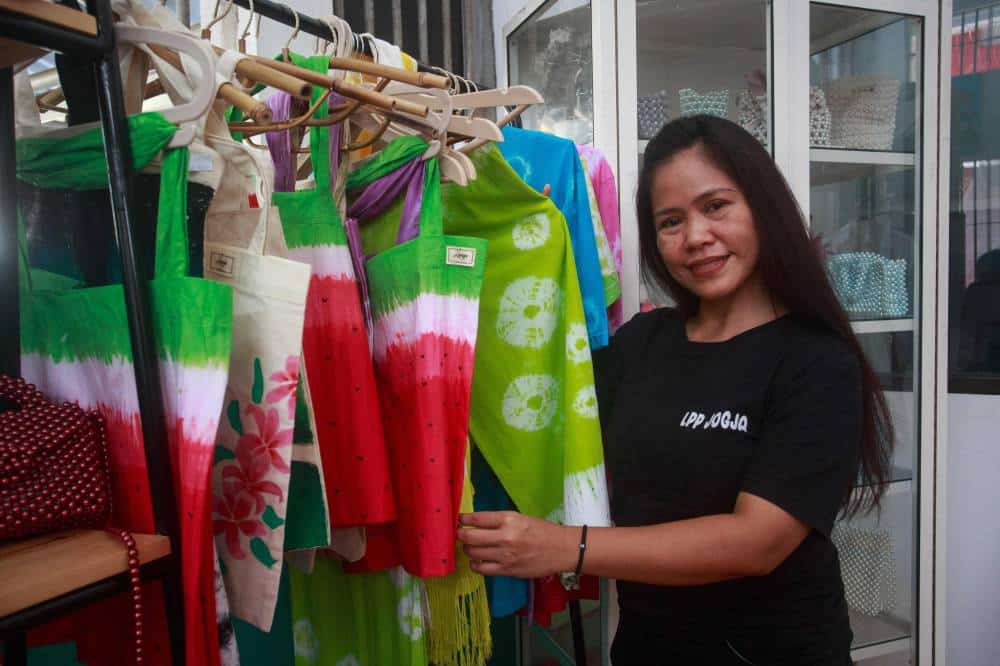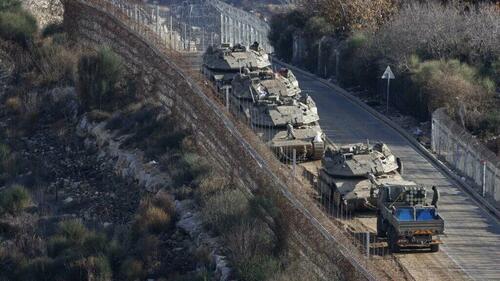
Ecuador and its state-run oil firm Petroecuador are losing millions of U.S. dollars as organized crime groups are increasingly targeting fuel pipelines to tap and steal gasoline and diesel to support drug trafficking and production.
The number of instances in which illegal homemade valves are being used to tap Ecuador’s pipelines has surged in recent years, from around three dozen back in 2022 to more than 770 this year through October, a Reuters investigation has found. if(window.innerWidthADVERTISEMENTfreestar.

config.enabled_slots.push({ placementName: "oilprice_medrec_atf", slotId: "oilprice_medrec_atf" });';document.
write(write_html);} All these illegal taps have cost Petroecuador more than $215 million in losses between 2022 and October 2024, representatives of the state oil company have told Reuters. Fuel theft by organized criminal gangs is reducing the revenues for Petroecuador and, consequently, for the state. Apart from inflicting financial losses for the country, the more frequent fuel theft is increasing the risk of spills from the pipelines.
Police and authorities in Ecuador acknowledge the problem with fuel theft, but say that finding and removing the illegal homemade taps is expensive and takes a lot of time and man-hours. Fuel theft is a growing security issue for the state, not only for the Ecuadorean oil industry. Ecuador was a member of OPEC between 1973 and 1992, then it rejoined the organization in 2007, but decided to quit the cartel once again in January 2020.
The last time Ecuador left OPEC, the cartel and its allies in the OPEC+ agreement were already three years into the so-called OPEC+ agreements to manage production that continue to this day. But Ecuador was eager to increase its oil production, which it couldn’t do under the OPEC+ pact. Ecuador’s production boomed between 2006 and 2014 but the country has struggled to lift output in the late 2010s and early 2020s, even after it left OPEC.
Production peaked at 557,000 barrels per day (bpd) in 2014, but had slumped to 473,000 bpd by 2021—the lowest level since 2003. if(window.innerWidth ADVERTISEMENTfreestar.
config.enabled_slots.push({ placementName: "oilprice_medrec_btf", slotId: "oilprice_medrec_btf" });`;document.
write(write_html);} A string of political crises, as well as endemic corruption, anti-oil industry protests, corroded infrastructure, and falling investment from foreign companies have all combined to drag Ecuador’s oil production down. All these are now compounded by increased theft of fuels used by drug traffickers to ship their product out or to smuggle gasoline into neighboring Colombia—gasoline which is then used in the production of cocaine in makeshift laboratories in the jungle. The use of gasoline in industrial-sized metal drums to soak coca leaves to extract coca is a commonly used early stage of cocaine production.
The fuel stolen from Ecuador’s pipelines is also used by the boats that the drug traffickers use to ship drugs north to Mexico and the United States. Yet another use of the stolen fuel is for organized crime groups to smuggle it to Peru, Ecuador’s neighbor to the south, where the fuel is being used in illegal mining operations, according to the Reuters investigation. Ecuador’s oil fields are not spared from criminal enterprises, either, although theft there is limited (so far) to equipment and copper wiring, often combined with extortion of the workers at the oilfields.
The surge in organized crime in Ecuador in recent years is undermining efforts to revive the most important legal industry in the country—the oil industry. Ecuador’s crude oil production, for example, remains the country’s most important export, accounting for more than one-fourth of the value of all Ecuadorean exports. Political unrest and drug-related crimes and violence have been unsettling the country and its oil industry.
Once one of the more peaceful countries in South America, especially compared to Colombia, Ecuador has gained notoriety in recent years. This now threatens its most important industry. By Charles Kennedy for Oilprice.
com More Top Reads From Oilprice.com.














